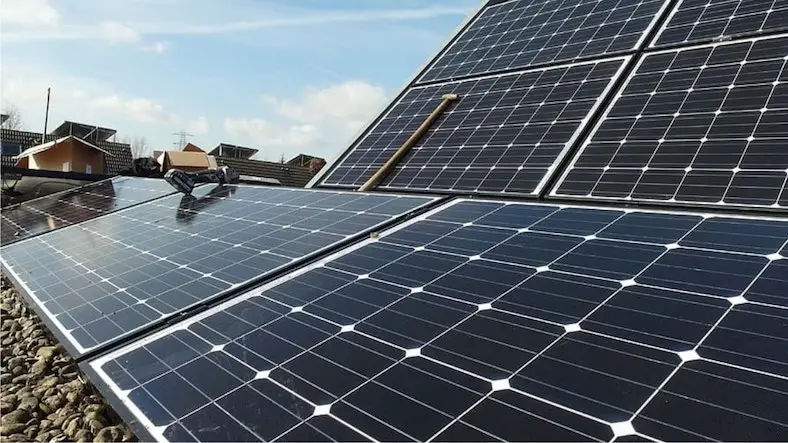Choosing efficient solar panels is crucial for maximizing the energy production of your solar system.
Here are some key factors to consider when selecting high-efficiency solar panels:
- Conversion Efficiency:
- Look for panels with a high conversion efficiency. This indicates the percentage of sunlight that the panel can convert into electricity. Higher efficiency panels will generate more power for the same surface area.
- Monocrystalline vs. Polycrystalline:
- Monocrystalline panels tend to be more efficient than polycrystalline panels. They are made from a single crystal structure, which allows for higher efficiency. However, they are also more expensive.
- Polycrystalline panels are made from multiple crystal structures and are slightly less efficient but more cost-effective.
- Temperature Coefficient:
- Consider the temperature coefficient of the panels. This value indicates how much the panel's performance will decrease as temperatures rise. A lower temperature coefficient is preferable for areas with high temperatures.
- Brand and Manufacturer:
- Choose reputable and well-established manufacturers. They are more likely to invest in research and development, resulting in higher quality and more efficient panels.
- Warranty:
- Check the warranty offered by the manufacturer. High-quality panels typically come with a warranty of 25 years or more. This ensures that the panels will continue to perform efficiently over a long period.
- Reviews and Ratings:
- Read customer reviews and seek feedback from installers. This can provide valuable insights into the performance and efficiency of different panel brands and models.
- Space Constraints:
- If you have limited roof space, choosing higher efficiency panels allows you to generate more power with fewer panels.
- Financial Considerations:
- While high-efficiency panels may have a higher upfront cost, they can provide better long-term returns on investment due to their increased energy production.
- Local Climate:
- Consider the climate of your location. In areas with high temperatures, panels with better temperature tolerance and efficiency under heat may be more important.
- Certifications and Standards:
- Look for panels that have been tested and certified by relevant industry organizations. Certifications like IEC, UL and TUV indicate that the panels meet specific quality and performance standards.
- Comparative Analysis:
- Compare the specifications, performance data and efficiency ratings of different panel models. This will help you make an informed decision based on technical details.
Remember, the most efficient panel for your specific situation will depend on factors such as your location, budget, available roof space and energy consumption. Consulting with a reputable solar installer can provide valuable insights and recommendations tailored to your needs.
Thanks for reading the article, for more Science and Technology related articles read and subscribe to peoples blog articles.















